Aceon, also known by its generic name perindopril, is a medication that belongs to the class of drugs known as angiotensin-converting enzyme (ACE) inhibitors. It is primarily used in the treatment of high blood pressure (hypertension) and heart failure. Aceon works by relaxing and widening the blood vessels, which helps to lower blood pressure and improve blood flow.
Aceon is available in tablet form and is typically taken once a day. It comes in various strengths, ranging from 2 mg to 8 mg. The exact dosage prescribed will depend on the individual’s condition and response to treatment. It is important to take Aceon consistently and as directed by a healthcare professional.
Do’s and Don’ts
Before starting Aceon, it is important to inform your healthcare provider about any existing medical conditions, including kidney disease, liver disease, diabetes, and a history of angioedema. Those who are pregnant, planning to become pregnant, or breastfeeding should also disclose this information.
Aceon should not be taken if you have a known allergy to perindopril or any other ACE inhibitors. It should also be avoided in individuals who have experienced angioedema with previous use of ACE inhibitors, as the risk of potentially life-threatening angioedema may be increased.
It is important to use caution when taking Aceon with other medications, as there may be potential drug interactions. Your healthcare provider will be able to assess potential interactions and determine if Aceon is suitable for you.
Possible Side Effects
While taking Aceon, some common side effects may occur. These can include dizziness, headache, cough, tiredness, and stomach upset. If any of these side effects persist or worsen, it is essential to contact your healthcare provider.
Serious side effects are rare but may include symptoms such as fainting, chest pain, rapid or irregular heartbeat, severe dizziness, difficulty breathing, swelling of the face, lips, tongue, or throat, and signs of infection (e.g., fever, sore throat). If any of these severe side effects occur, immediate medical attention should be sought.
Usage Instructions
Aceon should be taken exactly as prescribed by a healthcare professional. It is typically recommended to take Aceon once a day, preferably at the same time each day. The tablets should be swallowed whole with a full glass of water, and it can be taken with or without food.
If a dose of Aceon is missed, it should be taken as soon as remembered. However, if it is close to the time for the next scheduled dose, the missed dose should be skipped. Doubling the dose to make up for a missed one is not recommended.
In the case of an overdose, immediate medical attention should be sought. Symptoms of an overdose may include severe dizziness, fainting, difficulty breathing, and rapid or irregular heartbeat.
Aceon and Other Medications
Aceon may interact with certain medications, potentially affecting their effectiveness or increasing the risk of side effects. It is essential to inform your healthcare provider about all medications, including prescription, over-the-counter drugs, and herbal supplements that you are taking.
Some medications that may interact with Aceon include potassium supplements or potassium-sparing diuretics, nonsteroidal anti-inflammatory drugs (NSAIDs), lithium, diuretics, and certain antidepressants. Your healthcare provider will be able to assess potential interactions and make appropriate adjustments to your medication regimen if necessary.
The Answers You Need
- Can Aceon be used during pregnancy? Aceon should not be used during pregnancy, as it may cause harm to the unborn baby. It is important to discuss alternative treatment options with a healthcare provider if pregnancy is planned or suspected.
- Can Aceon cause coughing? Yes, Aceon is known to cause a persistent dry cough in some individuals. If the cough becomes bothersome or severe, it is important to inform your healthcare provider.
- Can Aceon be used in children? Aceon is not typically recommended for use in children. The safety and effectiveness of Aceon in pediatric patients have not been fully established.
- Can Aceon be taken with food? Aceon can be taken with or without food. It is recommended to take Aceon consistently in the same manner, either with or without food, to maintain consistency in absorption.
- Can Aceon cause low blood pressure? Yes, Aceon may cause a decrease in blood pressure. It is important to monitor blood pressure regularly and consult a healthcare provider if experiencing symptoms of low blood pressure.
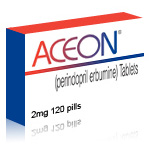

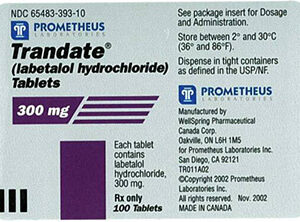
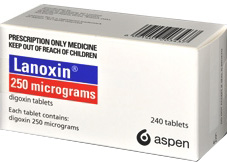
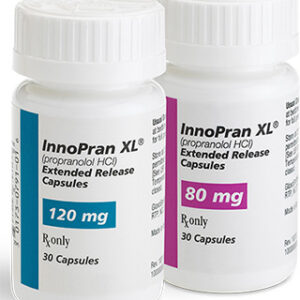
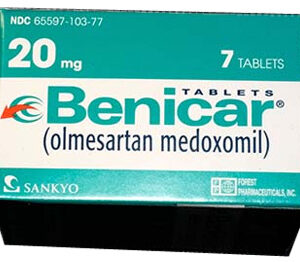
Reviews
There are no reviews yet.